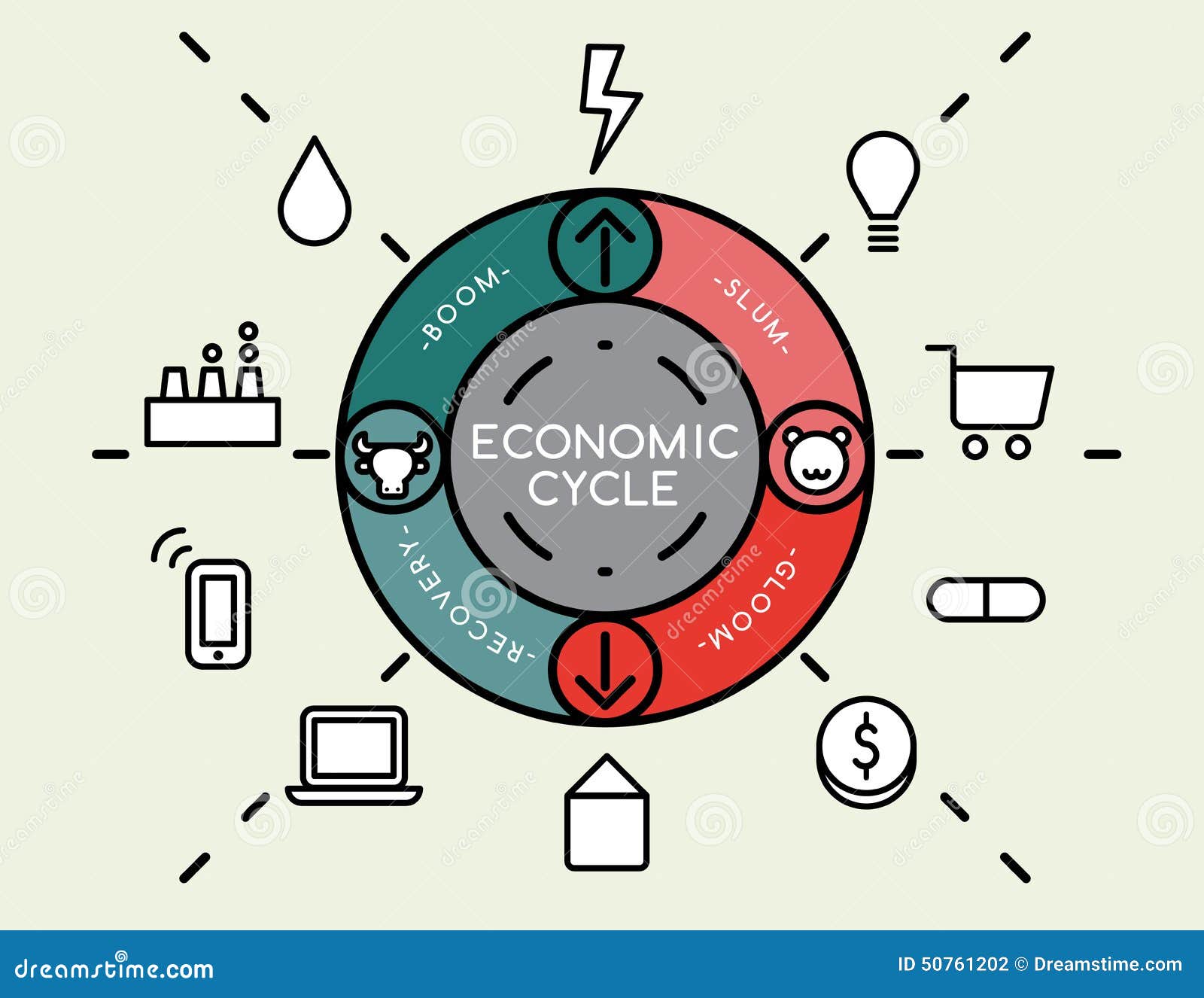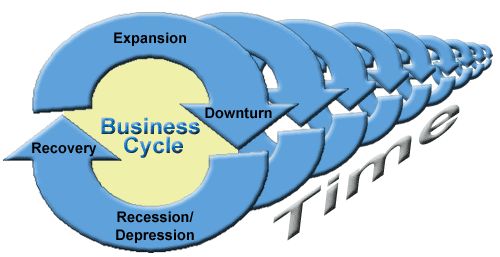According to Bloomberg, their study revealed that America is the 7th cheapest place in the world to manufacture, and the manufacturing costs in China run about 96 cent on the dollar. China vs. the U.S.: It's Just as Cheap to Make Goods in the USA
The more interesting part to me is this: "As Chinese labor costs rise, American productivity improves, and U.S. energy expenses fall, the difference in manufacturing costs between China and the U.S. has narrowed to such a degree that it’s almost negligible. For every dollar required to manufacture in the U.S., it now costs 96¢ to manufacture in China, before considering the cost of transportation to the U.S. and other factors. For many companies, that’s hardly worth it when product quality, intellectual property rights, and long-distance supply chain issues are added to the equation."
So, here are some questions that might lead to some interesting discussion:
1) Is Donald Trump's economic premise flawed in that bringing jobs home really would not result in much even if fully carried out?
2) Is Hillary Clinton's desire to push for more expensive alternative energy plans a pathway to undermine any gains that would be seen as a result of her other economic plans as it would cost more jobs by incentivizing more job exports?
3). Does this really show something that no American politician is willing to admit--that the reason jobs are going to Asia simply to shorten the supply chain to the only marketplace with growth potential because the US economy cannot be grown regardless of US policy, left or right, in terms of real dollars?
My answer to all three questions is yes.
The more interesting part to me is this: "As Chinese labor costs rise, American productivity improves, and U.S. energy expenses fall, the difference in manufacturing costs between China and the U.S. has narrowed to such a degree that it’s almost negligible. For every dollar required to manufacture in the U.S., it now costs 96¢ to manufacture in China, before considering the cost of transportation to the U.S. and other factors. For many companies, that’s hardly worth it when product quality, intellectual property rights, and long-distance supply chain issues are added to the equation."
So, here are some questions that might lead to some interesting discussion:
1) Is Donald Trump's economic premise flawed in that bringing jobs home really would not result in much even if fully carried out?
2) Is Hillary Clinton's desire to push for more expensive alternative energy plans a pathway to undermine any gains that would be seen as a result of her other economic plans as it would cost more jobs by incentivizing more job exports?
3). Does this really show something that no American politician is willing to admit--that the reason jobs are going to Asia simply to shorten the supply chain to the only marketplace with growth potential because the US economy cannot be grown regardless of US policy, left or right, in terms of real dollars?
My answer to all three questions is yes.


